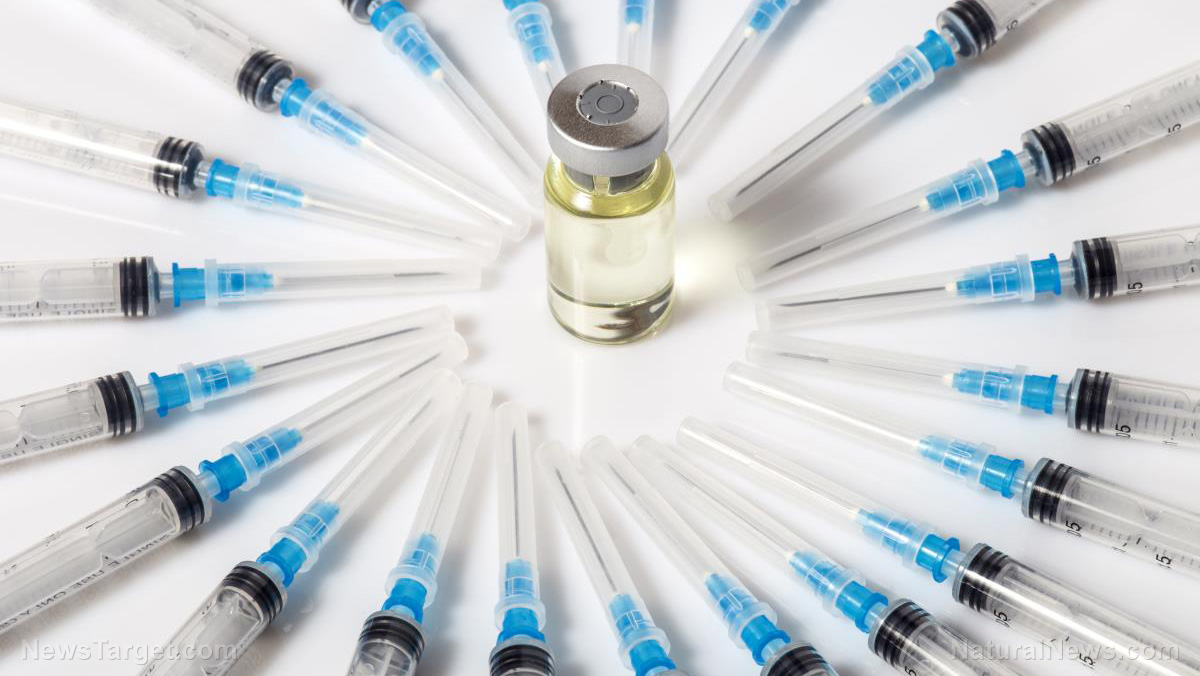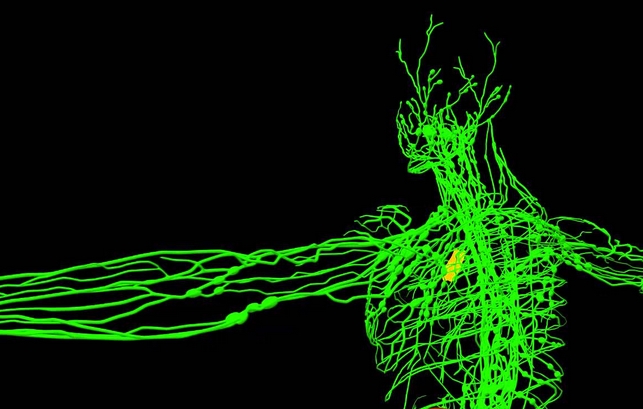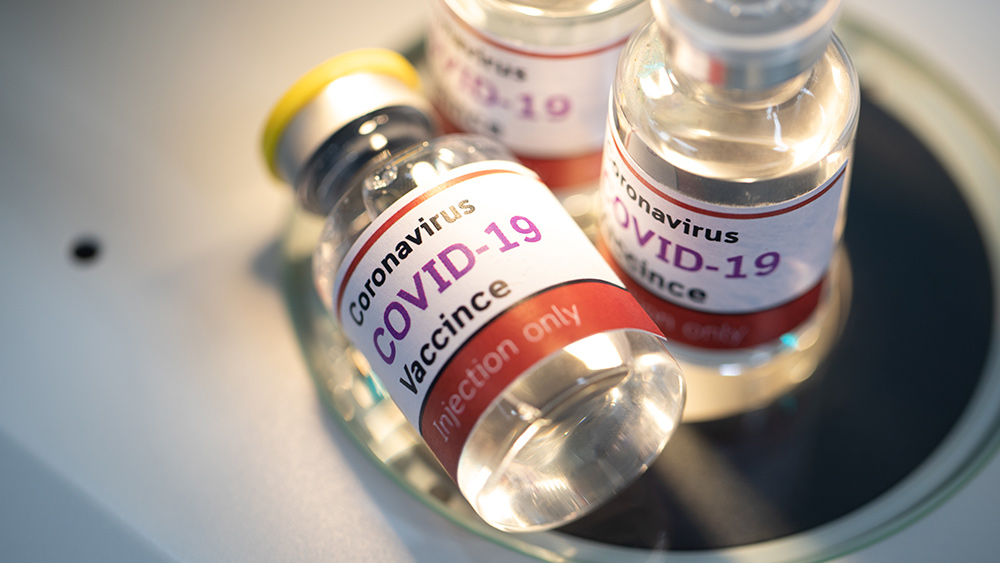New study suggests vaccine effectiveness drops to zero after seven months
11/10/2021 / By Mary Villareal

A new Lancet preprint study suggests that Pfizer-made injections against the Wuhan coronavirus (COVID-19) have zero effectiveness seven months after use, adding to the mounting evidence about the waning efficacy of mRNA vaccines.
The study is yet to be peer-reviewed, but early data indicates that high vaccination rates do not necessarily correlate with low levels of COVID-19 cases. It also shows how short-lived the so-called effectiveness of mRNA vaccines is at preventing infection.
The authors also report a steep decline in the shot’s efficacy at preventing severe COVID-19 infections, going from a 92 percent relative risk reduction at day 15 to 30 post-jab, to 47 percent at day 121 to 180. There is no effective protection left after seven months.
This dramatic failure of the COVID vaccine is especially problematic for certain groups of people, such as older individuals and people with comorbid conditions. The shots appear to have a negative efficacy against severe outcomes for these groups, suggesting that the shot may even worsen the outcomes in some cases.
In the study’s conclusion, the authors noted that the COVID shot’s “effectiveness against symptomatic infection wanes progressively over time across all subgroups. Rates vary according to the type of vaccine, and it is generally faster to wane for men and older, frail individuals.
The effectiveness against severe illnesses only remains high for nine months for healthy individuals. This data comes less than two weeks after regulators approved distributing booster shots of the Pfizer vaccine to Americans, including the elderly and other adults at high risk of the disease.
A previous study already confirmed the falling effectivity rates of the vaccines. “Protection against infection does decline in the months following a second dose,” said Dr. Sara Tartof, an epidemiologist at Kaiser Permanente and author of the previous study. (Related: Study: Artificial covid vaccine “immunity” wanes after just six weeks.)
Mandatory adult vaccine schedule recommended
The idea of heading toward a mandatory adult vaccine schedule is becoming more likely.
There were previous studies by the Food and Drug Administration (FDA) that said boosters are not needed for the general population as whatever advantage boosters provide do not outweigh the benefit of using those doses to protect the billions of people who remain unvaccinated worldwide. While it may be useful for those with weaker immune systems, boosters are not necessarily needed for the general population.
Several studies noted that while the efficacy of vaccines against infection does wane, natural immunity can hold steady against severe illness. While the levels of antibodies from vaccines wane, the human body’s memory of the virus lives longer.
Despite these findings, Australia is pushing booster shots for individuals over the age of 18 – provided that people are at least six months out from their last COVID dose. This is despite an important warning listed by the government about the serious side effects of the Pfizer booster doses, which include myocarditis and pericarditis.
Booster shots are not yet mandatory for Australians, and it is unclear when this will change. Booster shots have been contentious for scientists in and outside the government as many people in the U.S. and around the globe are yet to receive their first dose of the vaccine.
Follow Pandemic.news for more news and information related to the coronavirus pandemic.
Sources include:
Tagged Under: artificial immunity, Big Pharma, booster shots, coronavirus, COVID, discoveries, infections, natural immunity, outbreak, pharmaceutical fraud, research, truth, vaccination, vaccines
RECENT NEWS & ARTICLES
ImmuneSystem.News is a fact-based public education website published by Immune System News Features, LLC.
All content copyright © 2018 by Immune System News Features, LLC.
Contact Us with Tips or Corrections
All trademarks, registered trademarks and servicemarks mentioned on this site are the property of their respective owners.



















